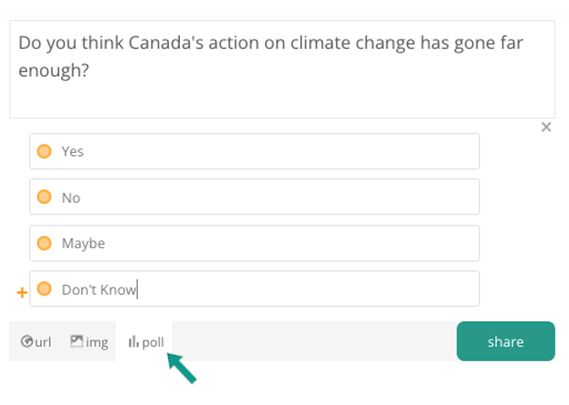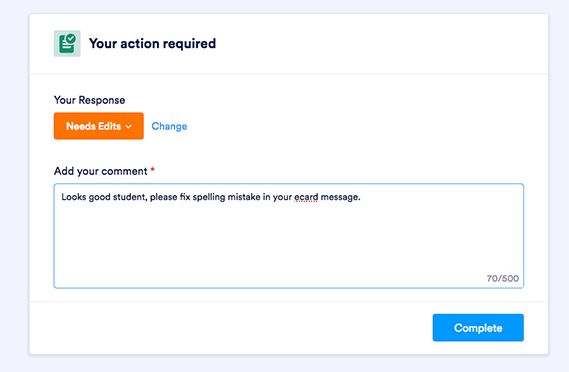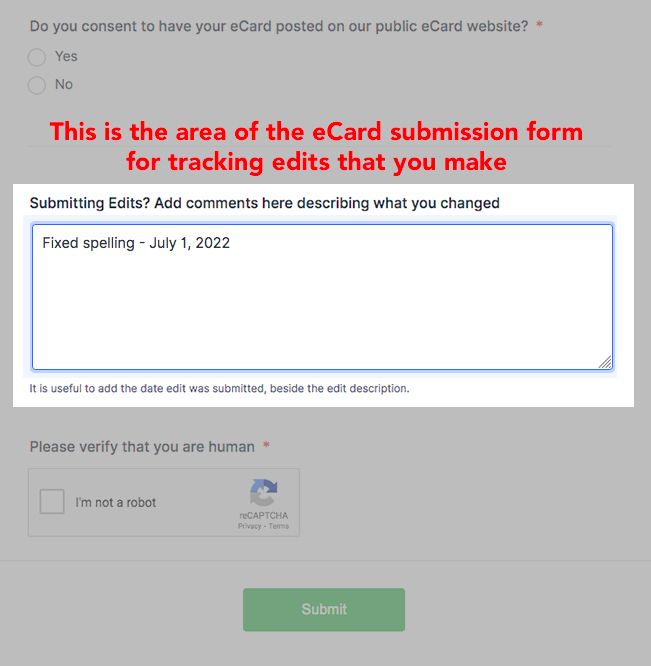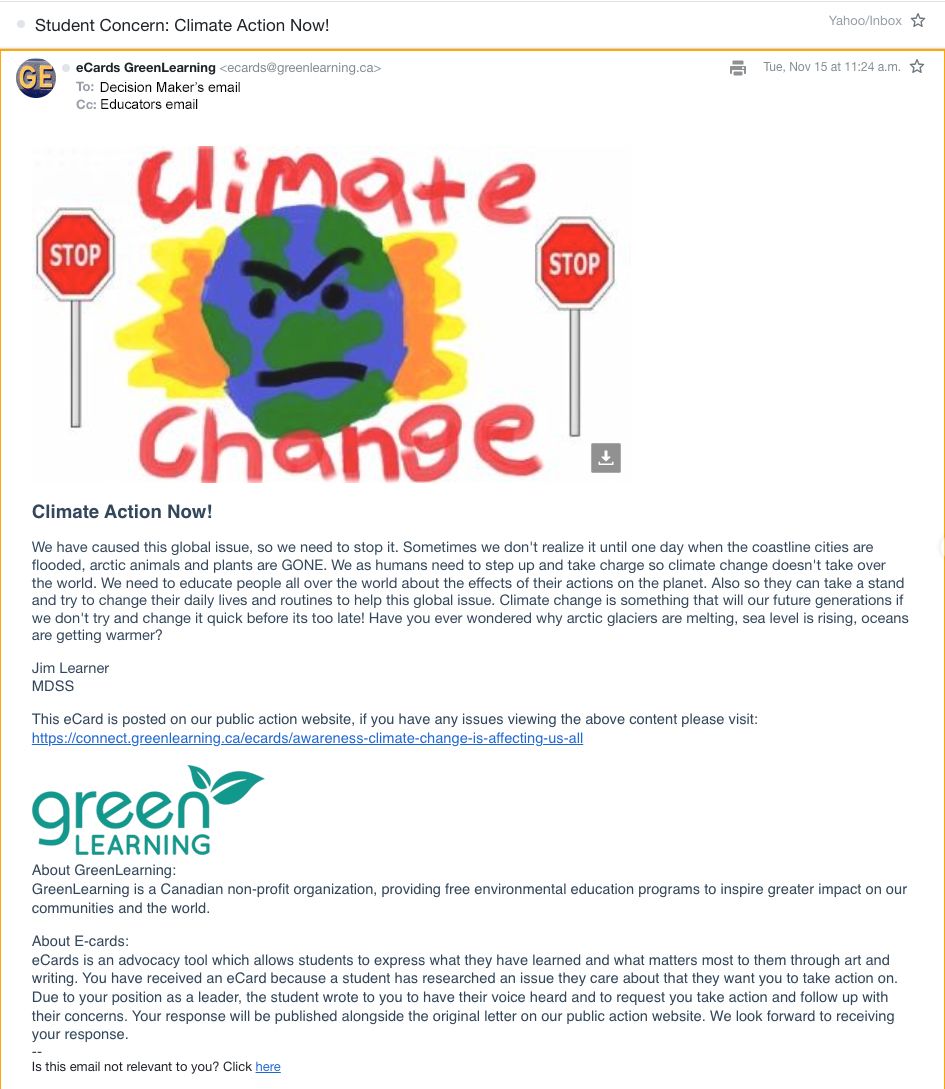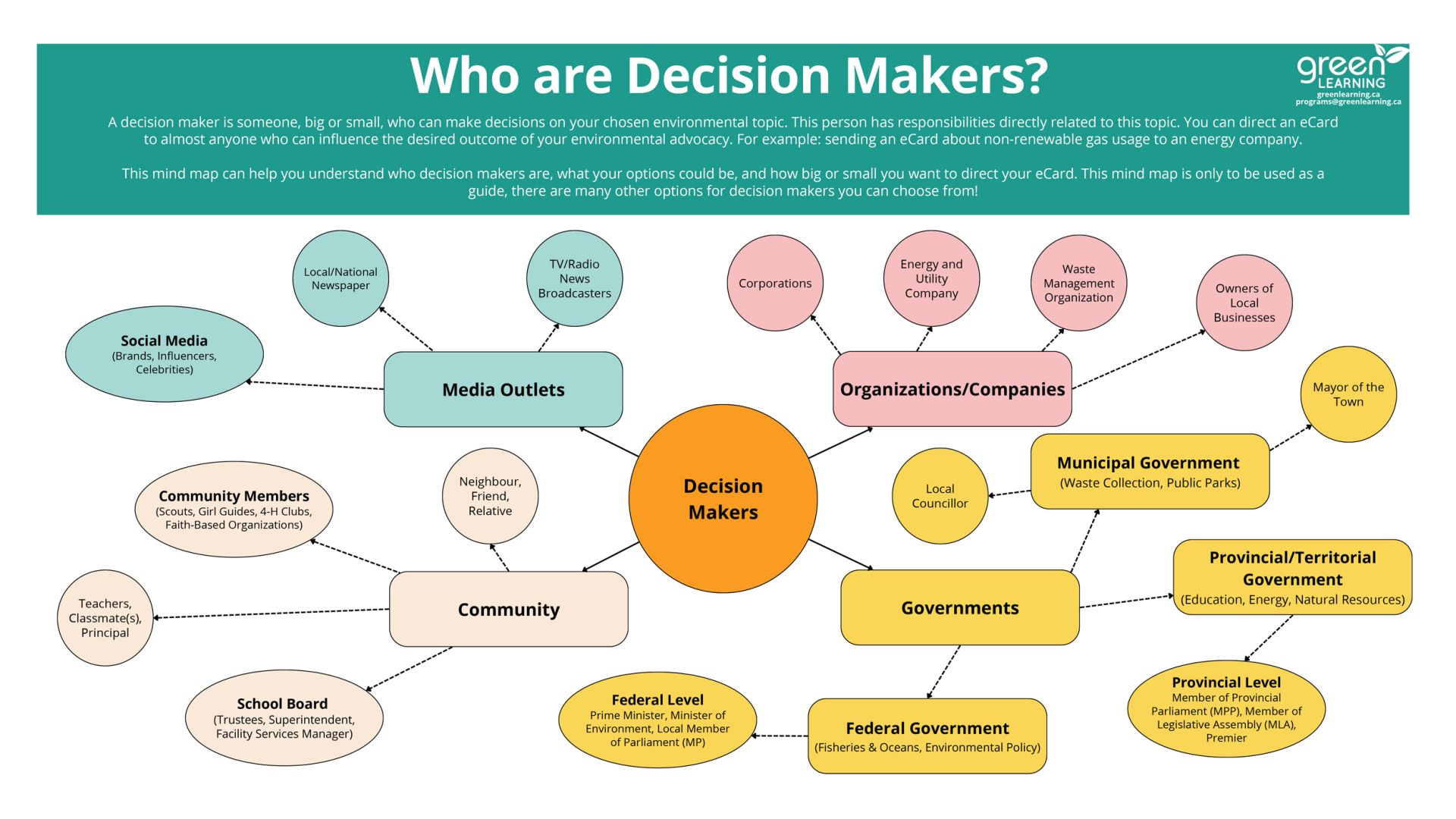Climate Policy Quest
Challenge Submission Showcase 2020
We launched our new climate policy program - the Climate Policy Quest in the spring of 2020. As the program was developed and launched in the midst of the COVID-19 pandemic, frankly we were not confident that the program would receive enough interest from teachers considering the challenges faced by them across the country in these unprecedented times. Despite the uncertainty, we had a few teachers register for the program who we invited to register for the Climate Policy Quest Challenge for the 2020 school year. The Climate Policy Quest Challenge asks students to develop a climate policy proposal for Canada that can potentially limit temperature increase below 1.5 degrees Celsius by 2050 for Canada.
Despite the unique challenges posed by the pandemic, we were thoroughly pleased to have a participating teacher from Calgary’s Crescent Heights High School submit proposals to the challenge from her class of Grade 10 Science students. The extremely passionate and dedicated Science teacher, Ms. Stephanie Buchan, told us that the Climate Policy Quest program served as an incredibly helpful resource for her to teach the climate unit in her Grade 10 Science class. She was amazed how perfectly the program aligns with the provincial curriculum goals and welcomed the Challenge as an exciting opportunity to engage her students in this new e-learning environment. Together with her class of about 30 students, Ms. Buchan completed the entire Climate Policy Quest program through distance learning, ending with a final project submission of completing the climate policy proposal Challenge. We, at GreenLearning, were extremely pleased to read the amazingly thoughtful and creative student submissions from Ms. Buchan’s class. We have showcased two submissions below that impressed us in particular. We hope you enjoy reading through them and celebrate with us the impact that the Climate Policy Quest program is making on our youth.
Write your awesome label here.
Ms. Buchan with her Grade 10 Science Class at Crescent Heights High School.
“As a high school science teacher, I’m always looking for
programs out there that I can integrate into my class to teach my
provincial core curriculum. Decoding Carbon aligns perfectly with my
science class, as it incorporates a variety of activities that are
interactive, engaging and exciting.” – Ms. Buchan.
Project Showcase 1
This group of Grade 10 science students submitted an incredibly comprehensive policy proposal, which focuses primarily on mitigation measures for limiting the causes of climate change. The policy proposes measures that cover various sectors for reducing greenhouse gas emissions—including transportation, residential and commercial buildings, energy supply mix, industry energy use, agriculture, land use and forestry. Under each sector, the students summarized the outcomes in terms of greenhouse gas reductions that their policy can accomplish. This analysis was completed with the use of policy simulators provided by the Pembina Institute and ENRoads, linked below. In their summary, the students are confident that their policy solution will reduce Canada’s greenhouse gas emissions to an amount that will limit the temperature increase below 1.5 degrees Celsius by 2050, as supported from the analysis completed with the use of simulators. The submission shows an incredible understanding of climate policy instruments that can be used for achieving federal climate goals which was demonstrated through the students’ ability to summarize outcomes of each policy measure proposed and tying them to the federal goals under the current Paris Agreement. Below is a snapshot of the table of contents of their report to demonstrate the level of detail and sophistication of understanding.
Simulators:
https://canada.energypolicy.solutions/docs/
https://en-roads.climateinteractive.org/scenario.html?v=2.7.19
Simulators:
https://canada.energypolicy.solutions/docs/
https://en-roads.climateinteractive.org/scenario.html?v=2.7.19
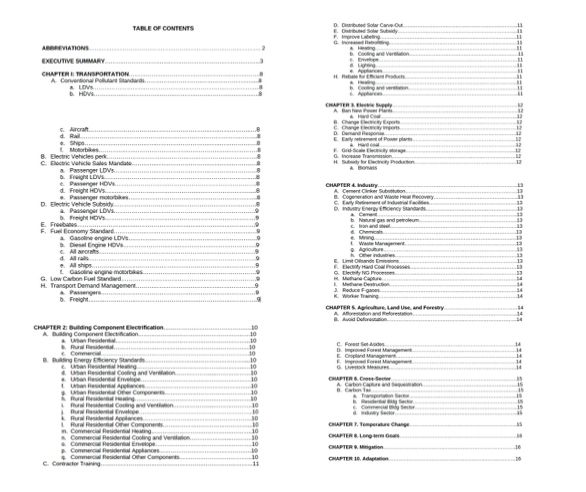
Click for larger image
Project Showcase 2
The Grade 10 student submitted an excellent climate policy proposal that
offered a balanced perspective on how climate policy affects different
sectors, especially the fossil fuel industry. The student was highly
creative as they submitted a video along with the policy proposal to
emphasize the importance of a public awareness campaign when
implementing a new policy. The policy proposed includes mitigation
measures for reducing greenhouse gas emissions from the oilsands
industry, with a particular focus on introducing a methane capture
program. In addition to that, the policy includes an additional measure
of implementing a carbon tax and using the funds generated from the tax
to invest into R&D measures towards energy efficiency and the
diversification of energy supply mix towards renewables. The student
also suggested an additional climate mitigation measure of
afforestation, demonstrating the need for introducing such carbon sinks,
which can also serve as recreational green spaces, ultimately improving
the health of Canadians by reducing the negative effects of climate
change on human health and encouraging Canadian to take advantage of
outdoor spaces. The student demonstrated a holistic understanding of how
a climate policy affects different stakeholders and that it should be
implemented with stakeholder consultation. The student finished their
proposal with a call to action to donate to some charities and
organizations of their choice that work towards addressing climate
change. Below is a snapshot of student summarizing the need for climate
policy, a call to action and a link to the video that the student
submitted with their proposal.
Project Video:
https://www.youtube.com/watch?v=9Tc4vp3MVG8
Project Video:
https://www.youtube.com/watch?v=9Tc4vp3MVG8

Click for larger image
GreenLearning
creates free education programs about energy, climate change and green
economy that engage and empower students to create positive change.
Explore
Get Involved
© 2024 GreenLearning. All rights reserved.
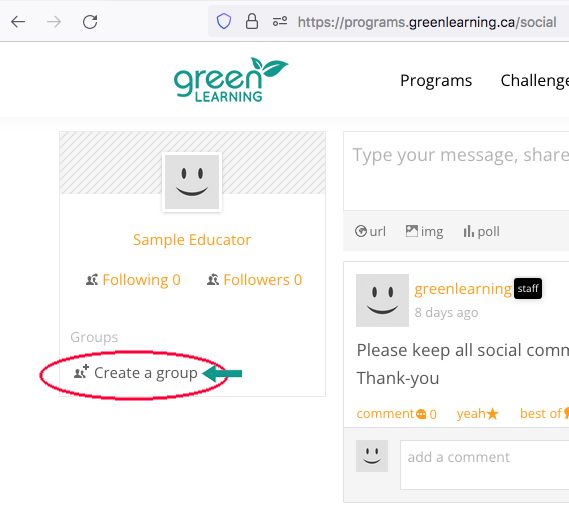
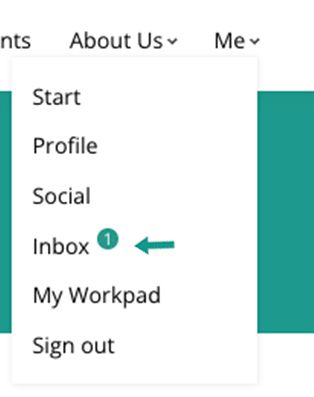

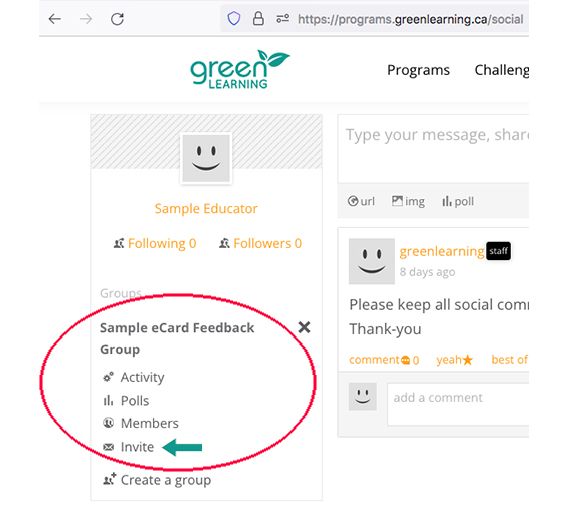
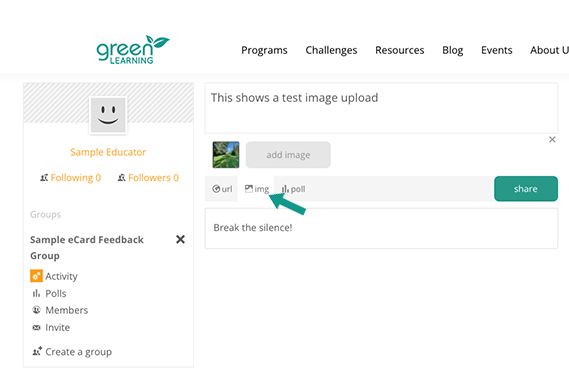


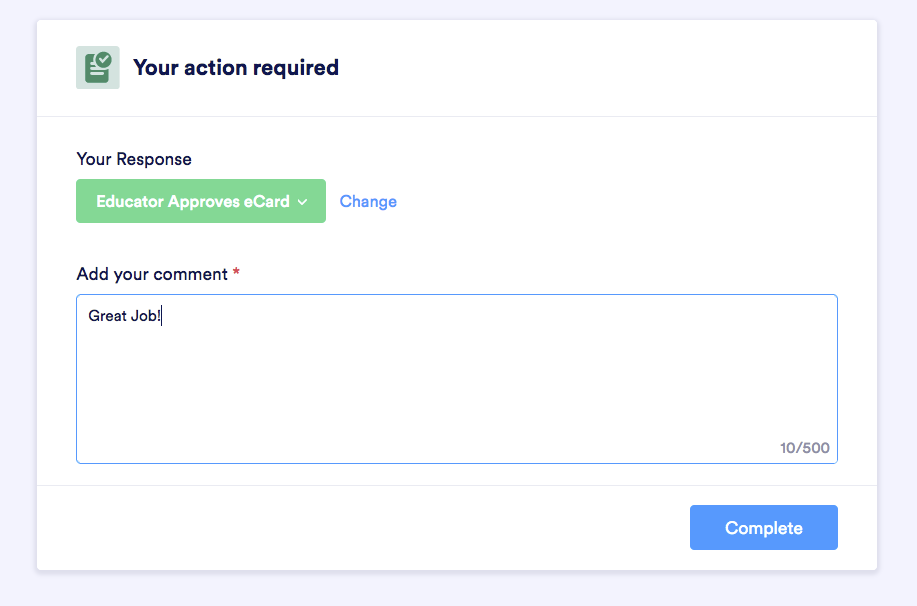
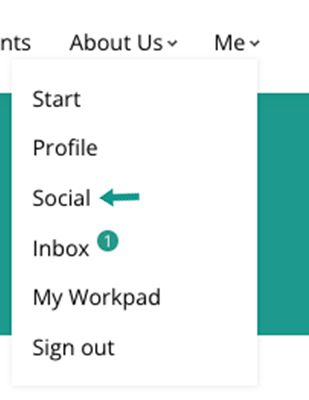
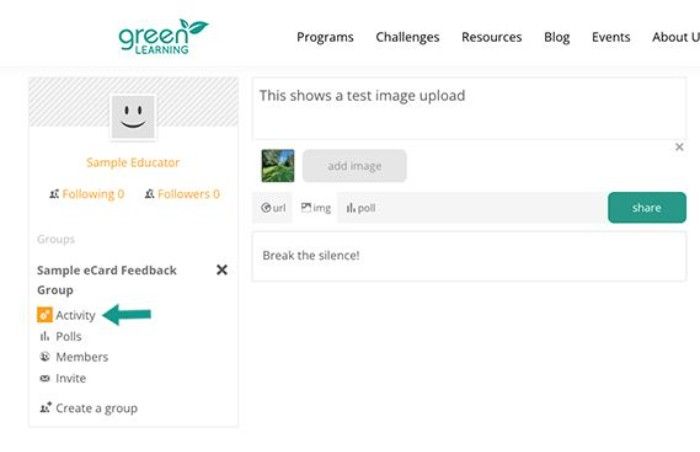
Activity link under private class group.

